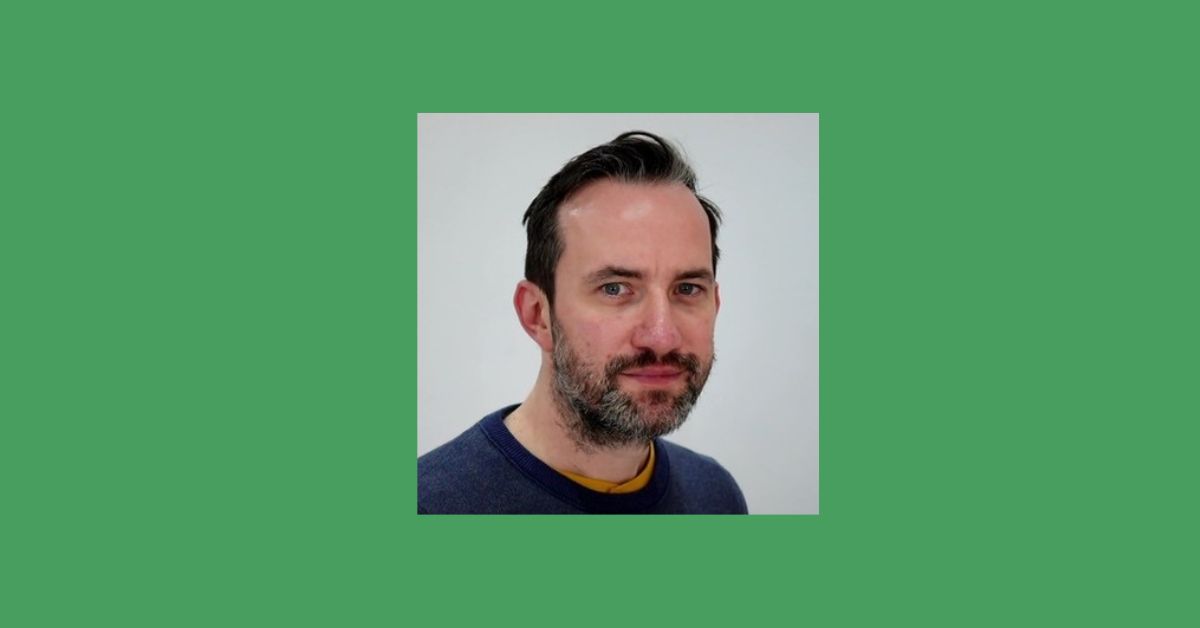
CTO Craft Coach name: Robbie Clutton
Former positions: VP Engineering, Snyk; Senior Director, VMware; Senior Director, Pivotal Labs.
Short bio (work, background, interests): Robbie describes himself as an adaptable software engineering leader, architect, and manager with experience working on different verticals across markets. Opinionated, driven and enjoyable to work with. An agile practitioner with all the trimmings, he’s hired, built and run teams of over 100 people (not resources).
HI Robbie. Can you tell us about your life before coaching – what roles and projects did you work on?
I completed my degree in Software Engineering in 2005. Then I worked at BT making phones ring and at the Guardian building content systems, and great experiences. After that, I moved to New York City with Pivotal Labs, supporting everything from one-person startups to the global Fortune 50, building new applications or modernising 20+-year-old applications and everything in between.
I started as an engineer and moved up through first-line manager, Associate Director for our NY practice before moving home to the UK, taking over the UK practice and onto our EMEA consultancy practice. I moved to Snyk in 2021, supporting Product-Led Growth (PLG), developer tools like IDEs and CICD tooling, and an education product, Snyk Learn.
Why did you choose to go into coaching?
I wanted to bring what I’d learnt and developed in my manager experience with individuals, managers and directors and share that wider. I have also been inspired by Trillion Dollar Coach about Bill Campbell and Michael Bungay-Stanier’s books on coaching.
Do you have a coaching specialism or interest?
I’m working towards my Red Team Coaching certification, which offers tools and processes to continuously improve management systems and business plans to thrive in a volatile, uncertain, complex, ambiguous and hyperconnected environment.
I would also frame myself more like a sports coach and mentor type of coach.
How do you build trust between you and the person you’re coaching?
We have two ears and one mouth. I try to use them in that ratio.
Have you been coached before, and if so, what did you learn from it?
I have. I learnt that in my effort to be helpful and efficient, I was actually harming my team’s own individual growth and coming across as a bit of a jerk. It taught me that “perception is reality” and that I needed to change the way I communicated and tried to lead in order to build the team I hoped to build.
How does your background in tech help you to coach individuals?
I’m one of those people who cross the streams between technology and business leadership. I can help non-technologists understand technology and technical colleagues, as well as help technologists understand the people and business side of the business.
Can you tell us something interesting about you that not many people know?
I was a ballboy at Arsenal for the 1997/98 season and attended every game. I got to meet the players at an end-of-season celebration. I still have the shirt I asked the players to sign. Unfortunately, I didn’t get to meet Ian Wright, as he’d already moved to West Ham by the time the event happened.
What are the key skills you think every coach needs?
Staying curious – with a nod to Michael Bungay-Stainer.
At what stage in a tech leader’s career do you think they should have a coach?
I don’t think there’s a bad time, but natural times would include transitions such as into a manager, into a manager or manager and into a business unit leader.
If someone isn’t sure whether they would benefit from a coach, what would be your advice?
I think that depends on the individual’s starting place. From my experience and what I’m seeing – leadership roles can be lonely. You may be the only person in that role in a company. If you could have a confidant, someone who could help you overcome challenges, to help you grow as an individual and to challenge you to improve yourself and your plans – why would say no?
In your opinion, could even the most experienced tech leaders benefit from a coach and why?
With a nod back to Trillion Dollar Coach, Bill Campbell coached Larry Page, Sergey Brin, Eric Schmidt, Jonathan Rosenberg and Sundar Pichai at Google, Steve Jobs at Apple, Brad Smith at Intuit, John Donahoe at eBay, Marissa Mayer at Yahoo, Dick Costolo at Twitter, and Sheryl Sandberg at Facebook. With the right mindset and the right coach, every person can benefit.
What’s your favourite coaching exercise, podcast or recommended reading?
For exercises, I’m a fan of Dr Gary Klein’s premortem analysis and a number of tools covered in Red Team Thinking (via book, podcast or training).
For books, I’ve already mentioned Trillion Dollar Coach by Eric Schmidt, Jonathan Rosenberg and Alan Eagle; Coaching Habit by Michael Bungay-Stainer and Advice Trap by Michael Bungay-Stainer. All good reads.
For podcasts, I often listen to The Thinking Leader (podcast) and Work Life with Adam Grant (podcast).
***
CTO Craft Conference is BACK! We’re already planning the next London conference for 7-8 November. Remember, our first conference was a sell-out, so pre-register now to be the first to hear as soon as tickets go on sale.
If you’re not a member of the free CTO Craft Community, what are you waiting for? With over 10,000 global technology leader members, you’ll get exclusive access to Slack channels, conference insights and updates and other valuable content.
Subscribe to Tech Manager Weekly for a free weekly dose of tech culture, hiring, development, process and more.
